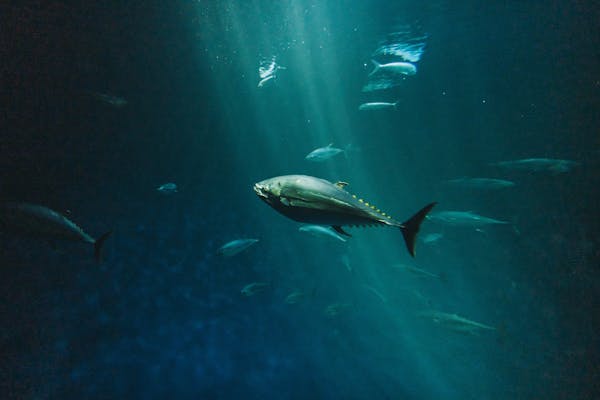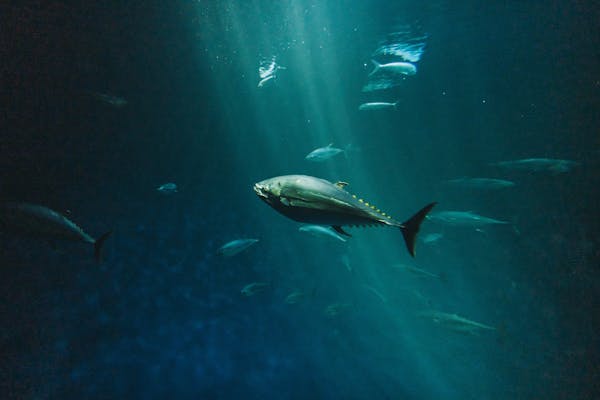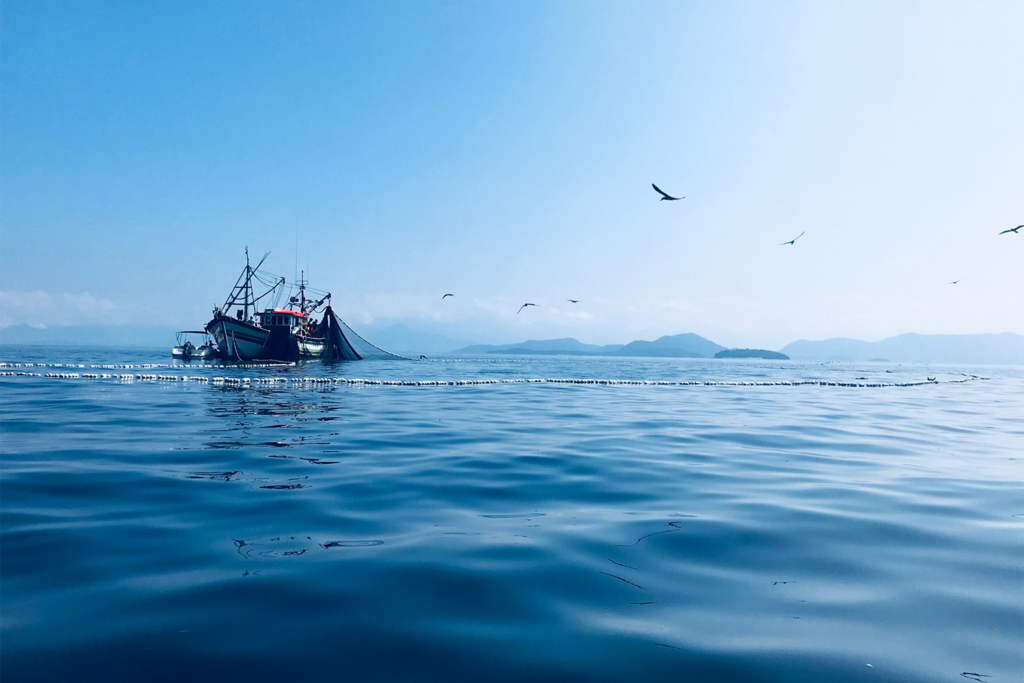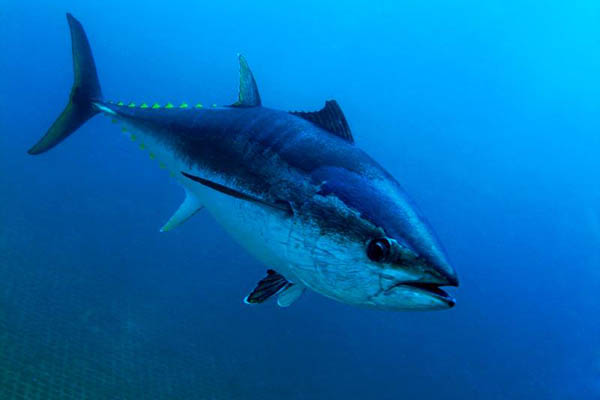New measures enhance responsible fisheries management of tuna and swordfish, emphasizing science-based strategies, conservation and small-scale fisheries

At the annual meeting of the International Commission for the Conservation of Atlantic Tunas (ICCAT) in Cyprus, the European Union led the adoption of key measures to strengthen the responsible management of tropical tuna stocks.
The agreement includes an increase in the total allowable catch (TAC) for bigeye tuna, benefiting developing coastal states while slightly enhancing fishing opportunities for the European fleet. A notable milestone is the commitment to mandatory biodegradable and non-entangling fish aggregation devices (FADs), a step toward reducing the environmental impact of tuna fishing.
In a win for the EU fleet, the FAD fishery closure period was reduced to 45 days. The agreement emphasizes enhanced scientific research to inform future FAD closure policies.
ICCAT also adopted a recommendation for a management strategy evaluation for tropical tunas. This approach will create a long-term, science-based framework for managing bigeye, skipjack and yellowfin tuna stocks to maintain their health and abundance.
ICCAT approved stricter controls for bluefin tuna to enhance efficiency and support small-scale fleets in the Gulf of Lion. ICCAT established its first framework for bluefin tuna aquaculture, focusing on traceability and sustainable development of the sector.
To support swordfish stocks, ICCAT introduced a management procedure for North Atlantic swordfish, setting a TAC and ensuring catch limits align with it. This includes a 1,569-ton increase in the EU’s annual catch allocation. Additional conservation efforts include EU-led proposals to enhance shark protections and initiate a Management Strategy Evaluation for blue sharks.
ICCAT, the Regional Fisheries Management Organisation (RFMO) responsible for conserving tuna and related species in the Atlantic and adjacent seas, includes 52 contracting parties, with the EU representing the interests of its member states.
Now that you've reached the end of the article ...
… please consider supporting GSA’s mission to advance responsible seafood practices through education, advocacy and third-party assurances. The Advocate aims to document the evolution of responsible seafood practices and share the expansive knowledge of our vast network of contributors.
By becoming a Global Seafood Alliance member, you’re ensuring that all of the pre-competitive work we do through member benefits, resources and events can continue. Individual membership costs just $50 a year.
Not a GSA member? Join us.
Author
Tagged With
Related Posts

Fisheries
Western Mediterranean fish stocks recovering under EU fisheries management plan
A new report shows the Western Mediterranean fisheries management plan has led to fish stock recovery, with a strong near-term outlook.

Fisheries
Key fisheries performance declines for sixth year, industry urged to act
The SFP 2023 Reduction Report shows a continued drop in fisheries performance, highlighting the need for improved fisheries management.

Fisheries
SFP and Hilborn Lab update the Fishery Improvement Project Database
Sustainable Fisheries Partnership and Hilborn Lab have launched the sixth version of the Fishery Improvement Project Database.

Fisheries
Atlantic bluefin tuna populations’ genetic links could affect fishery management strategies
A new study uncovers unexpected genetic links across Atlantic bluefin tuna spawning grounds, with implications for fisheries management.



